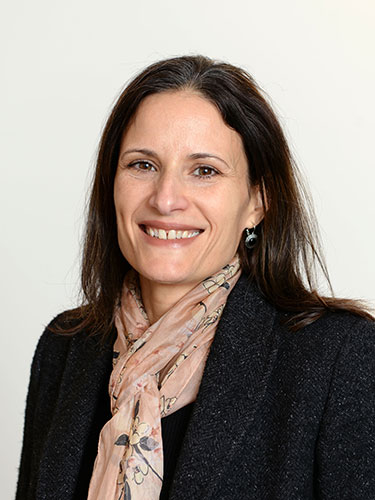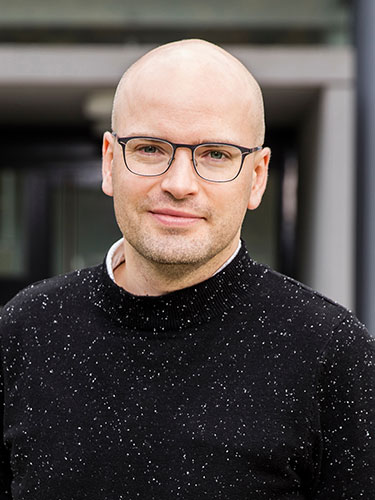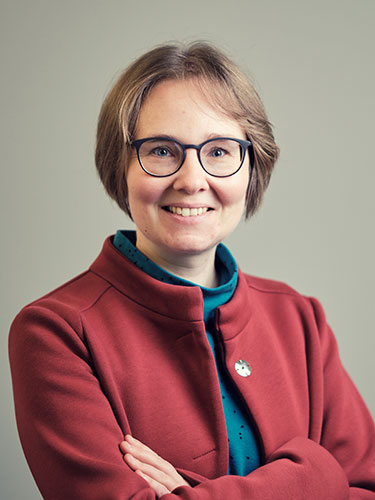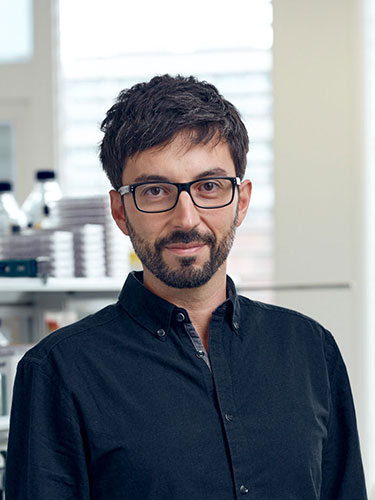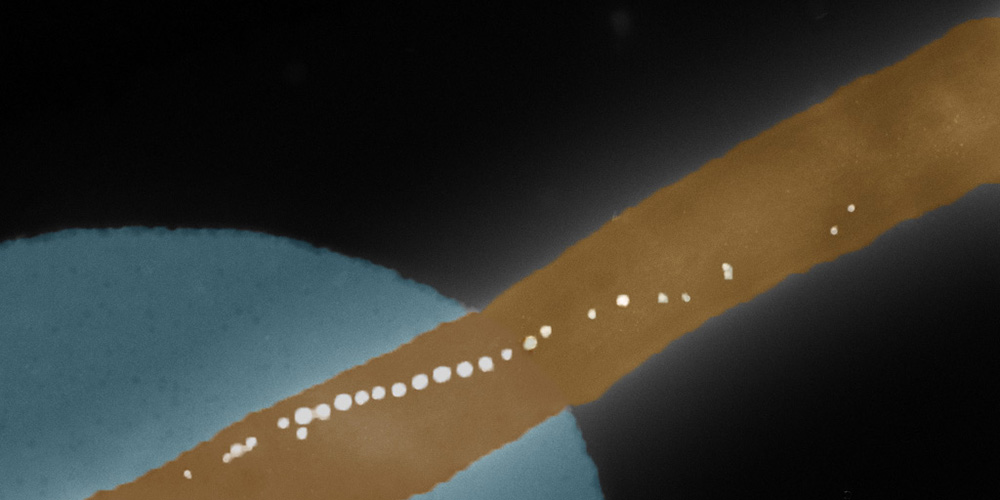Four SNSF Consolidator Grants for Basel researchers
The Swiss National Science Foundation has awarded four Consolidator Grants to Basel researchers. The projects in the fields of Near and Middle Eastern studies, microbiology, philosophy and biomedicine will each receive around 1,7 million Swiss francs in funding.
08 February 2023
Switzerland is still considered a non-associated third country in the EU’s Horizon Europe research program. The Swiss Government has therefore mandated the Swiss National Science Foundation (SNSF) to continue their transitional measures. The SNSF Consolidator Grant 2022 Call temporarily substitute the ERC Consolidator Grants.
With their Consolidator Grants, the SNSF supports highly qualified young scientists who want to strengthen their scientific independence. Of a total of 30 research projects supported by the SNSF, three will go to the University of Basel and one will go to the Friedrich Miescher Institute for Biomedical Research (FMI), which is associated with the University of Basel.
Futures Interrupted
Social historian Dr. Falestin Naïli aims to renew our perspective on the period between the end of the Ottoman Empire and the beginning of the Age of Nations in the Arab World. In her project, Naïli examines four moments in the 19th and 20th century, where social and political projects planned by local actors in the Arab world were interrupted and replaced by colonial or national models.
By studying these obstructed projects, the ideas and imaginaries of the local communities are brought into the center of the historical perspective, offering a view of alternative articulations of belonging and political community.
Falestin Naïli is a postdoctoral researcher at the Department of Social Sciences at the University of Basel and research associate at the Institut français du Proche-Orient (Ifpo). She received her PhD in 2007 at the University of Aix-Marseille and specializes in the history of late Ottoman and Mandate Palestine and Jordan.
Researching microbial communities
Biofilms are surface-associated microbial communities, which are considered to be the most abundant form of bacterial life on Earth. As biofilms develop on surfaces of medical devices, catheters and implants, they are a major problem in hospitals.
Prof. Dr. Knut Drescher investigates how bacteria organize themselves, interact with each other and form resistant biofilms. In his SNSF-funded project, he now wants to gain insights into the causes, properties and consequences of subpopulations during biofilm formation.
Knut Drescher has been an Associate Professor of microbiology and biophysics at the Biozentrum, University of Basel, since 2021. He studied physics at the University of Oxford and received his PhD in experimental biophysics at the University of Cambridge in 2011. As a postdoc at Princeton University he moved into microbiology. Drescher has already received an ERC Starting Grant for his research on biofilms.
A new definition of parenthood
In her SNSF project, Dr. Sabine Hohl is concerned with the concept of parenthood in our society. She critically examines existing social preconceptions and the legal basis of parenthood on the one hand, by raising questions about the rights and responsibilities of parents and discussing the biological aspects of this institution.
On the other hand, she also focuses on newer family-constellations such as co-parenting and families with more than two parents. Her goal is to create a normative, liberal-egalitarian account of the concept of “parenthood”.
Sabine Hohl received her PhD at the University of Zurich in 2014 and is currently a postdoctoral researcher at the Department of Philosophy at the University of Bern. For her project, which was awarded a SNSF Consolidator Grant, she will now move to the Department of Arts, Media and Philosophy at the University of Basel.
Enhancer biology and gene expression
With his Consolidator Grant, Dr. Luca Giorgetti wants to study the fundamental principles that govern enhancer biology. Enhancers are DNA sequences that are essential for the activation of gene transcription. Mutations in these sequences are associated with complex human diseases, such as Crohn’s disease, diabetes or cancer. However, despite their central role in health and disease, the principles by which enhancers select and control their target genes remain largely unknown. By using a new experimental approach, Giorgetti can measure the effects of systematic changes in enhancer sequence, number and genomic position on gene expression.
Luca Giorgetti has been leading a research group in the field of genome regulation at the FMI since 2015. He studied physics at the University of Milano and received his PhD in 2010 from the European Institute of Oncology, Milano. His research, which was previously awarded an ERC Starting Grant, focuses on the structure and transcription of chromosomes.


